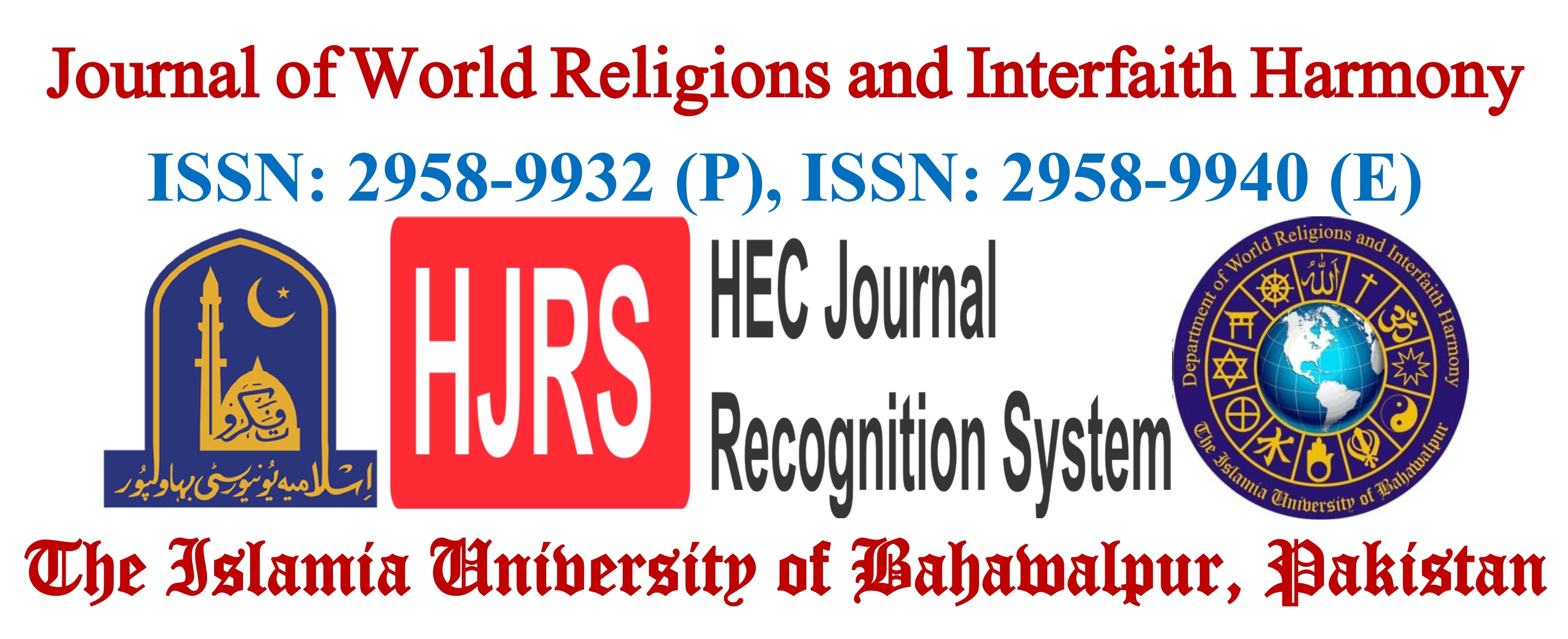An Analytical Study of the Economic Condition of Jews in Fatimid Egypt
DOI:
https://doi.org/10.52461/jwrih.v2i1.1736Keywords:
Fatimid Egypt, Muslims, Jews, minorities, Economic ConditionsAbstract
This study examines the economic conditions of Jews in Fatimid Egypt from the 10th to 12th centuries CE. Through an analysis of primary sources, the study provides a nuanced understanding of the economic and social factors that affected the Jewish community during this period. The study argues that while Jews in Fatimid Egypt enjoyed certain economic privileges such as their involvement in international trade networks and their exemption from some taxes, they also faced some social and political restrictions, including forced conversion and discriminatory laws in the era of some Fatimid rulers. Despite these challenges, the Jewish community in Fatimid Egypt demonstrated resilience and adaptability, developing a range of economic strategies to maintain their livelihoods and build social networks. These strategies included investment in trade and finance, engagement with the wider Muslim society, and the development of communal institutions. The study highlights the complexity of Jewish economic life in medieval Egypt, challenging simplistic assumptions about the economic conditions of minority groups in pre-modern societies.
Downloads
Published
How to Cite
Issue
Section
License
Copyright (c) 2023 Syed Adnan Bukhari

This work is licensed under a Creative Commons Attribution-NonCommercial 4.0 International License.






